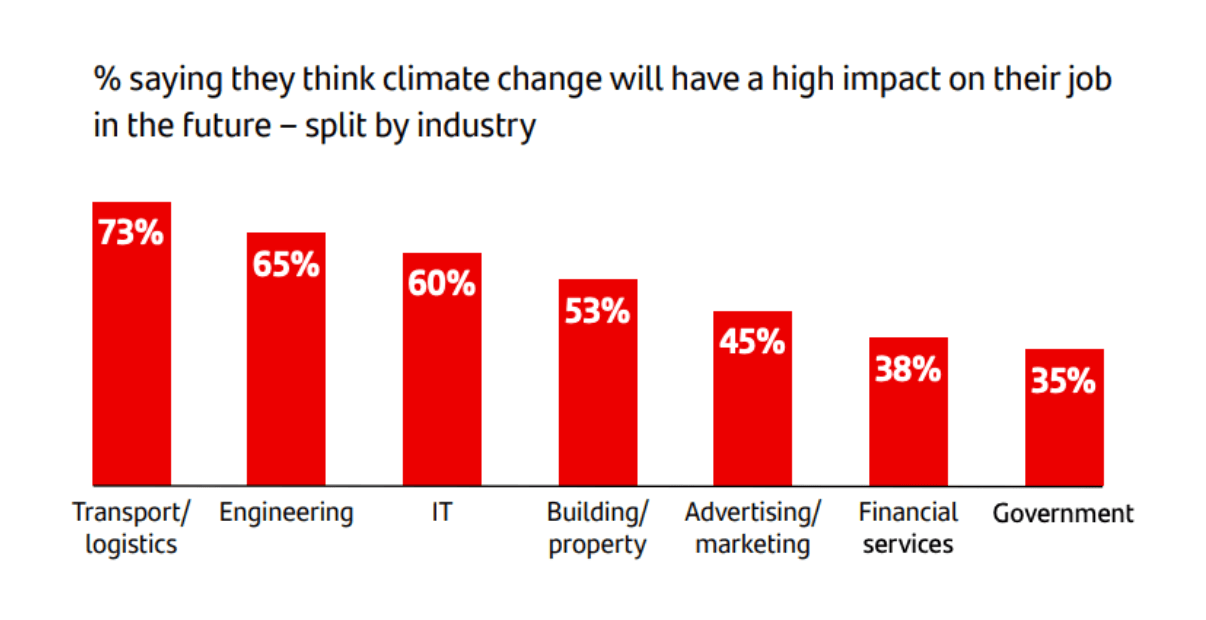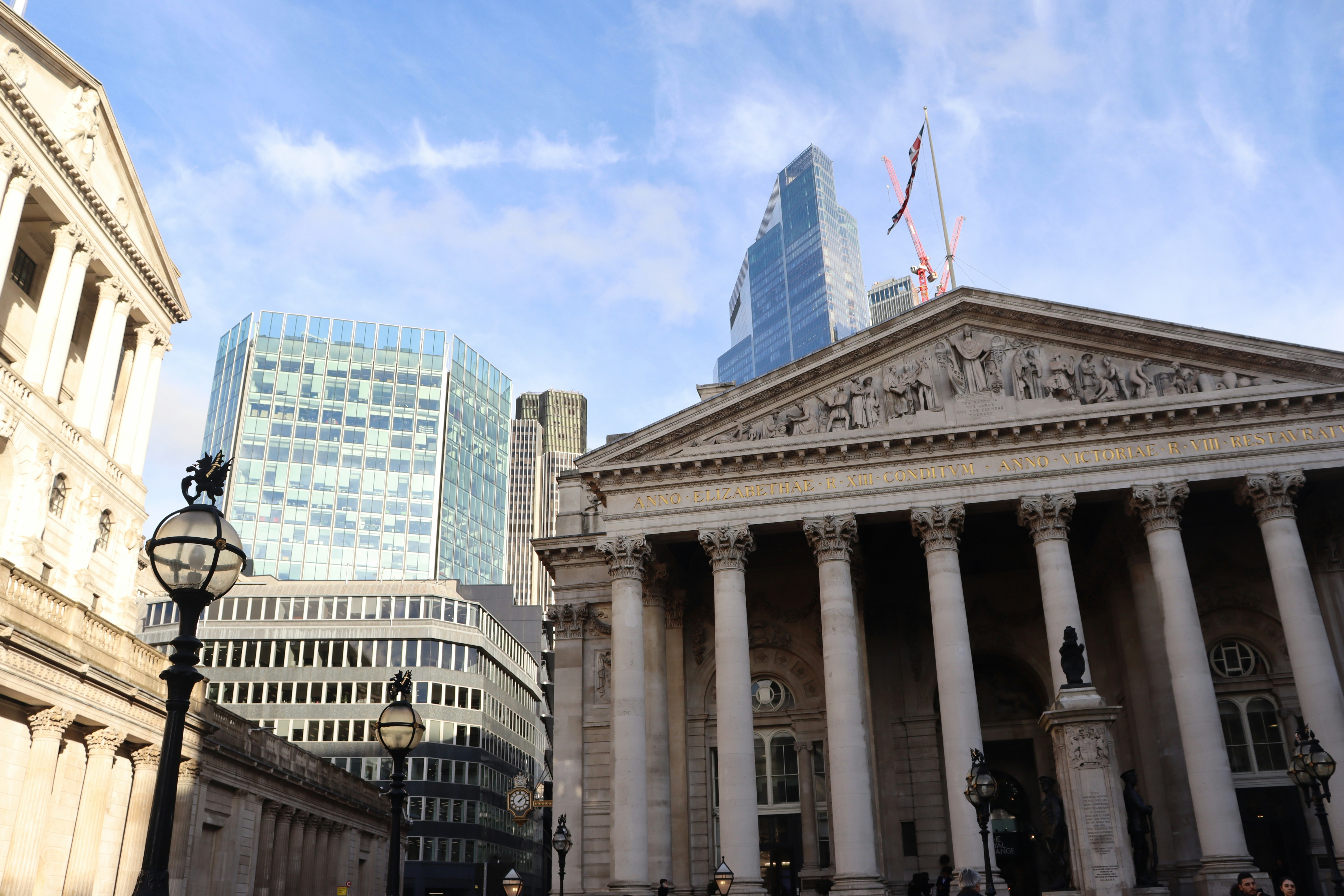
How green skills will shape the future of business

Henry White
Co-founder and CEO of xUnlocked
As sustainability drives value creation, how can businesses develop the green skills needed to thrive?

Setting Net Zero targets has become the defining standard for companies committed to shaping a sustainable and resilient future. Nearly 60% of the 1,977 publicly listed companies have committed to such targets, according to the Stocktake 2024 report by Net Zero Tracker. Yet, setting the goal is just the beginning. Achieving real impact through these targets remains a significant challenge.
The report reveals progress in the number of non-state entities — regions, cities, and companies — that have implemented robust Net Zero plans. However, advancement toward these targets has slowed significantly, with major gaps in execution. Indeed, over 40% of major non-state and subnational entities have no emissions reduction targets at all.
Nearly two years after the UN Secretary General’s Integrity Matters report clarified what ‘good net zero’ looks like, non-state entities have made limited progress in enhancing the credibility of their targets, signalling the need for deeper engagement and commitment.
However, while governments and businesses wrestle with their sustainability targets, there's another race underway — the race for green talent. Global demand for green skills surged 11.6% between 2023 and 2024, while supply grew just 5.6%.
If current trends continue, roughly half of green jobs will lack qualified candidates, leaving a significant gap in the talent pipeline unless we focus on upskilling the workforce to acquire the skills necessary to meet this demand. To close this gap, there's a need to at least double the size of the green talent pool by 2050, according to LinkedIn's Global Climate Talent Stocktake 2024. Green talent is in the greatest demand in the United Kingdom (where 13% of roles require at least one green skill), Ireland (12.4%), Saudi Arabia (11.7%), Norway (11.6%), and Switzerland (11.5%).
With sustainability now deemed critical to long-term value creation, the pressing question becomes: How can businesses align their workforce with this new reality?
Unlocking green skills: A business imperative
The perception of green skills needs to evolve. While 73% of individuals believe climate change will affect their future, only 35% think it impacts their current jobs — rising to 52% among younger workers, according to Santander's Tomorrow's Skills report. This disconnect is surprising given that half of UK businesses report being affected by global warming, according to Gallagher research.
Awareness of climate change's impact on jobs varies across sectors. In industries like manufacturing and logistics, where decarbonisation pathways such as electrifying transport are clearer, awareness is higher. However, in sectors like financial services and government, where sustainability challenges are less tangible, understanding and upskilling lag behind.

Source: Tomorrow's Skills report by Santander
Alarmingly, only less than half of workers believe green skills courses would benefit their careers. Again, this rises among sectors where the path to decarbonisation is clearer. This poses a risk to sectors such as financial services and the public sector, where more jobs will require green skills to be performed sustainably in the future.
Tomorrow's skills data suggests that one of the reasons for the lack of public awareness about the impact of climate change on the world of work appears to be a low understanding of how businesses will transition to net zero and, therefore, the skills that people need to develop to support this.
When asked how the Government should encourage people to upskill in this area, over two-fifths of the public said subsidising courses or giving grants to help people access technology training courses would be beneficial. Providing more training courses and raising awareness of such courses would encourage people to upskill. That applies to the businesses as well.
As businesses in sectors with lower awareness begin to grapple with the reality of climate change, they will need to catch up and equip their workforce with the right green skills to stay competitive.
A strong environmental, social, and governance (ESG) proposition links to value creation in five essential ways, according to McKinsey:
- Top-line growth
- Cost reductions
- Regulatory and legal interventions
- Productivity uplift
- Investment and asset optimisation
Industries that act early and proactively will be better positioned to adapt to the sweeping changes that decarbonisation will bring.
How can businesses integrate green skills?
This challenge has two dimensions: the strategic perspective and the practical implementation of upskilling.
Governments and businesses face intense pressure to meet Net Zero goals by 2050. This urgency drives regulatory demands and pushes companies to update their reporting systems. However, as Klaus Kunz, a Sustainability and ESG expert, emphasised during the Sustainability Unlocked: Insights from an Industry Leader webinar, “We will not save the planet with reporting — we will save it with changes in the way we do business.” To truly uphold their corporate social responsibility, businesses must deeply understand climate change and the green skills necessary to manage that impact.
Implementing green skills requires a practical understanding of climate change’s impact on specific fields. While the overarching strategy remains important, specialists need clear pathways to apply or upskill in their areas daily.
Often, acquiring completely new skills isn’t even necessary. As Samuel Temidayo Osinubi noted in his Navigating the Net Zero Jungle — newly launched content in Santander Open Academy — many essential skills are already there and just need to be adjusted to the sustainability field. Key future skills, such as analytical thinking, digital literacy, resilience, motivation, curiosity, and creative thinking, all apply to sustainability. For example, analytical thinking helps solve complex problems and drive innovation, while resilience is critical for managing uncertainties in sustainability roles.
Preparing for a sustainable future
The demand for green roles is rising rapidly. The Climate Change Committee predicts that by 2030, between 135,000 and 725,000 new jobs could be created globally as sustainability becomes embedded across industries. However, embedding green skills goes beyond creating new "green jobs." It's about equipping the entire workforce with the ability to communicate complex scientific ideas, explore new solutions, and adapt to constant change.

In a world where change is inevitable, success will depend on the ability to forecast, adapt, and manage that change. Those who embrace it are positioned to thrive, while others risk falling behind. As countries commit to Net Zero, new career opportunities will emerge. The key to future success lies in preparing today — by equipping your workforce with the green skills necessary to drive meaningful environmental impact. Business leaders are pivotal in supporting themselves and their teams on this transformative journey.

Henry White
Share "How green skills will shape the future of business" on
Latest Insights

From mandate to momentum: Regulation as a force for positive change
1st August 2025 • Maria Coronado Robles

Understanding the UK PRA's newest climate risk management expectations
25th July 2025 • David Carlin

Are knowledge gaps or disparities blocking your sustainability success?
26th June 2025 • Maria Coronado Robles

The electrical zero: A global warning for the energy transition
13th May 2025 • Maria Coronado Robles





























